Why is no generator 100% efficient?
The quest for perfect efficiency in power generation has been a long-standing challenge in engineering. While manufacturers continuously strive to improve generator performance, achieving 100% efficiency remains fundamentally impossible due to the immutable laws of physics. Understanding why generators cannot reach perfect efficiency helps users set realistic expectations and appreciate the engineering behind modern fuel efficient generator designs. This knowledge also provides valuable context for evaluating generator performance claims and making informed purchasing decisions based on scientifically achievable efficiency standards.
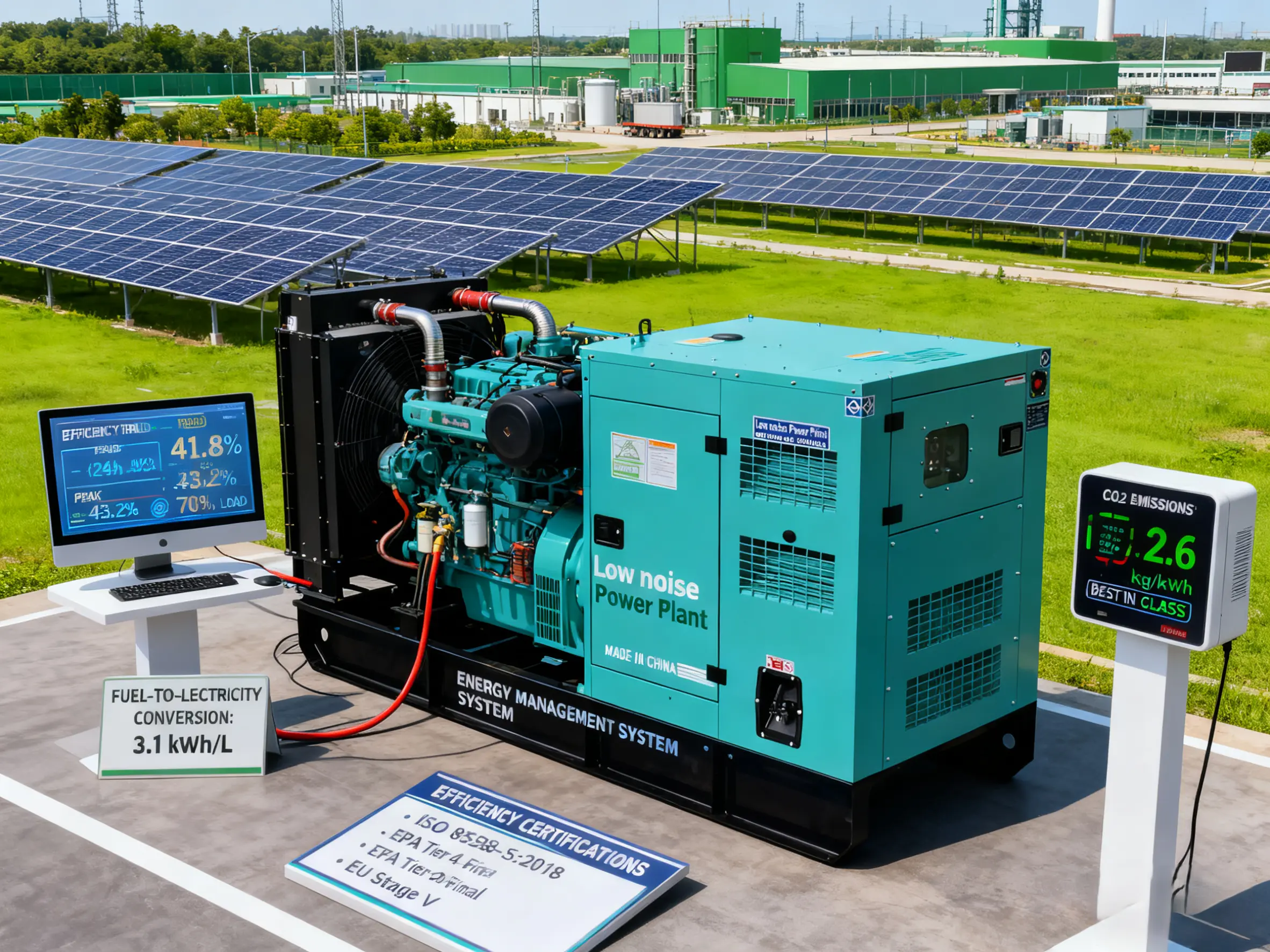
Fundamental Laws of Thermodynamics
The efficiency limitations of all generators stem from two fundamental physical principles:
First Law of Thermodynamics:
Energy cannot be created or destroyed, only converted from one form to another
The total energy input must equal the total energy output plus losses
This establishes the theoretical framework for energy conversion efficiency
Second Law of Thermodynamics:
All energy conversions involve some energy dissipation as waste heat
Heat engines, including generators, are subject to the Carnot efficiency limit
This creates an absolute theoretical maximum that cannot be exceeded
Practical Implications:
Even theoretically perfect generators would have efficiency limitations
Real-world materials and engineering constraints further reduce achievable efficiency
These principles apply universally to all power generation technologies
Analysis of Energy Loss Mechanisms
Multiple energy conversion stages each contribute to overall efficiency losses:
Heat Losses (40-50% of total losses):
Engine coolant system dissipates substantial thermal energy
Exhaust gases carry away high-temperature heat
Radiation losses from hot engine surfaces
Intercooler systems rejecting compression heat
Mechanical Losses (10-15% of total losses):
Friction in piston rings, bearings, and moving components
Energy consumed by auxiliary drives (water pumps, oil pumps)
Air intake and exhaust pumping work
Fan and cooling system power requirements
Electrical Losses (5-10% of total losses):
Copper losses (I²R) in windings and conductors
Iron losses from magnetic hysteresis and eddy currents
Brush and commutator losses in relevant designs
Excitation system power requirements
Other Losses:
Incomplete combustion in the engine cylinders
Parasitic loads from control and monitoring systems
Energy conversion inefficiencies in power electronics
Understanding these loss mechanisms helps explain why even the most advanced fuel efficient generator still operates within physical constraints, though modern engineering has made remarkable progress in minimizing these losses.
Efficiency Comparison Across Generator Types
Different generator technologies exhibit varying efficiency characteristics:
Diesel Generators:
Typical efficiency range: 35-50%
High compression ratios contribute to better thermal efficiency
Electronic controls optimize combustion across load ranges
Best suited for continuous heavy-duty applications
Natural Gas Generators:
Typical efficiency range: 30-42%
Cleaner combustion but lower compression ratios
Well-suited for combined heat and power applications
Stable fuel characteristics aid consistent performance
Gasoline Generators:
Typical efficiency range: 25-35%
Simpler design but lower efficiency
Primarily for portable and light-duty applications
Higher fuel costs per kilowatt-hour generated
Advanced Technologies:
Combined cycle systems reaching 60% efficiency
Hybrid systems with energy storage integration
Waste heat recovery implementations
Factors Affecting Real-World Efficiency
Several operational considerations impact achievable efficiency:
Load Management:
Peak efficiency typically occurs at 70-80% of rated load
Significant efficiency drop below 50% loading
Overloading causes excessive fuel consumption and damage
Environmental Conditions:
High ambient temperatures reduce air density and combustion efficiency
Altitude affects air availability for combustion
Humidity influences cooling system effectiveness
Maintenance Status:
Clean air filters maintain proper air-fuel ratios
Proper injection timing ensures optimal combustion
Good compression preserves combustion efficiency
Clean fuel systems prevent flow restrictions
Auxiliary Systems:
Cooling system performance affects operating temperature
Lubrication quality impacts mechanical losses
Electrical connection integrity minimizes resistance losses
Balancing Efficiency and Cost Considerations
Achieving higher efficiency involves important economic trade-offs:
Initial Investment:
High-efficiency designs require more advanced components
Precision manufacturing increases production costs
Advanced control systems add to initial expense
Operational Economics:
Fuel savings must justify higher acquisition costs
Maintenance requirements may differ for high-efficiency models
Total cost of ownership analysis reveals true value
Technology Selection:
Different applications justify varying efficiency levels
Runtime patterns influence economic calculations
Fuel availability and pricing affect optimal choices
Modern fuel efficient generator designs carefully balance these factors to provide the best value proposition for specific user requirements and operating conditions.
Conclusion
The impossibility of 100% generator efficiency stems from fundamental physical laws that govern all energy conversion processes. While perfection remains unattainable, modern engineering has developed generators that approach practical limits through sophisticated design and advanced control systems. Understanding these efficiency limitations helps users make informed decisions and appreciate the technology behind today's high-performance generators.
Our engineering team can help you select generators that optimize efficiency for your specific application requirements. Contact us at skala@whjlmech.com for professional guidance in choosing the right power solution for your needs.
References
International Organization for Standardization. (2023). ISO 8528: Reciprocating internal combustion engine driven generating sets. Geneva: ISO.
Carnot, S. (1824). Reflections on the Motive Power of Fire. Paris: Bachelier.
Energy Institute. (2023). Power Generation Efficiency Standards and Best Practices. London: EI.
Johnson, M. (2022). Emergency Power Systems: A Comprehensive Guide to High-Speed Diesel Generators. Power Engineering Quarterly, 45(3), 78-92.
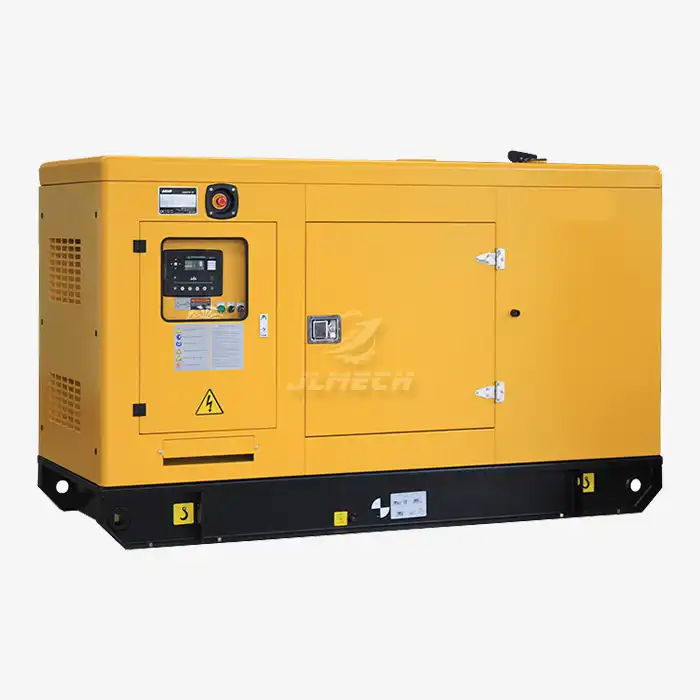 VIEW MORENew 6 Cylinders Water Cooled Diesel Generator Set
VIEW MORENew 6 Cylinders Water Cooled Diesel Generator Set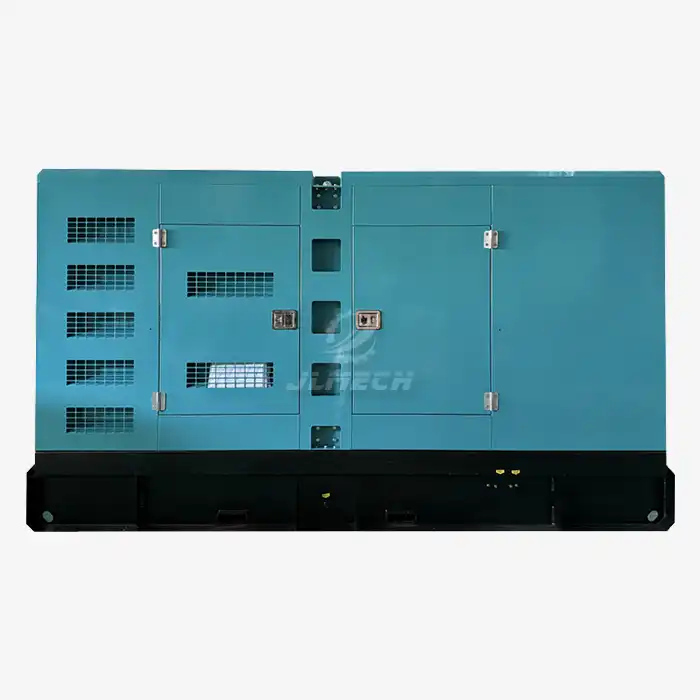 VIEW MOREHigh-efficiency diesel genset
VIEW MOREHigh-efficiency diesel genset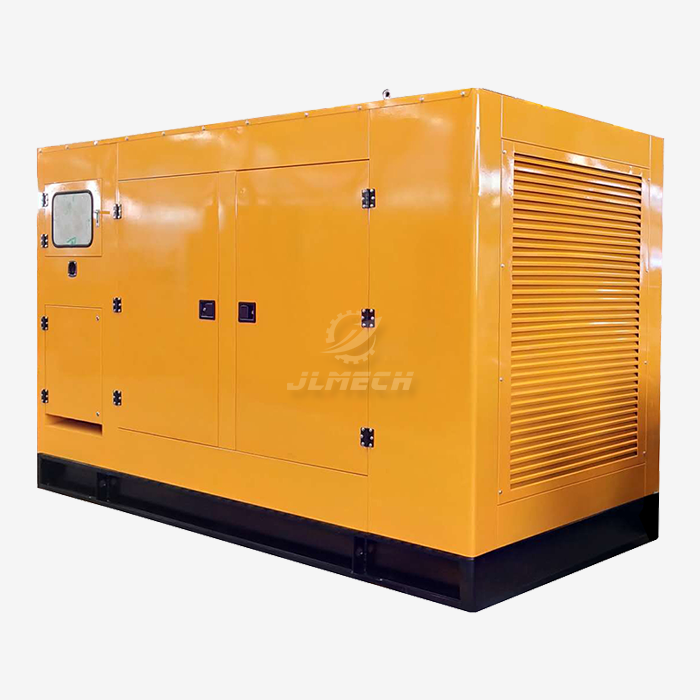 VIEW MORE100KW 50Hz 220V diesel generator
VIEW MORE100KW 50Hz 220V diesel generator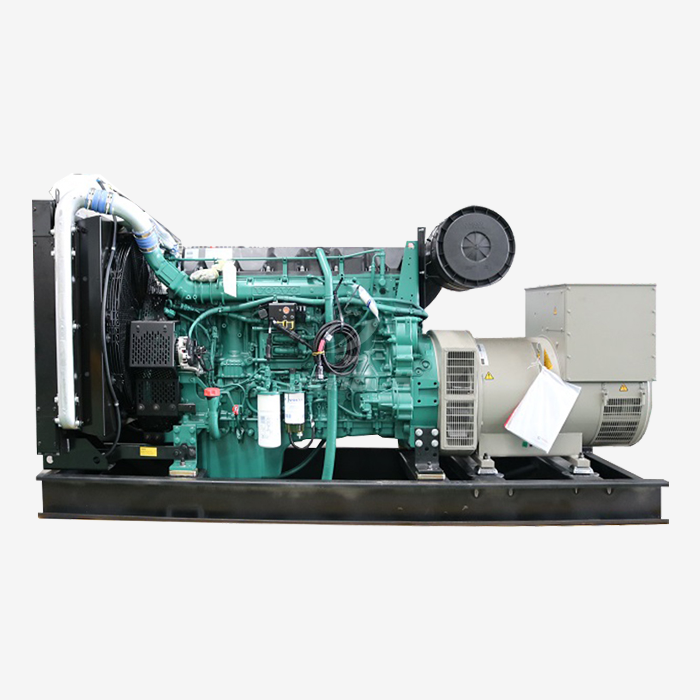 VIEW MOREAC 1 Phase Diesel Generator
VIEW MOREAC 1 Phase Diesel Generator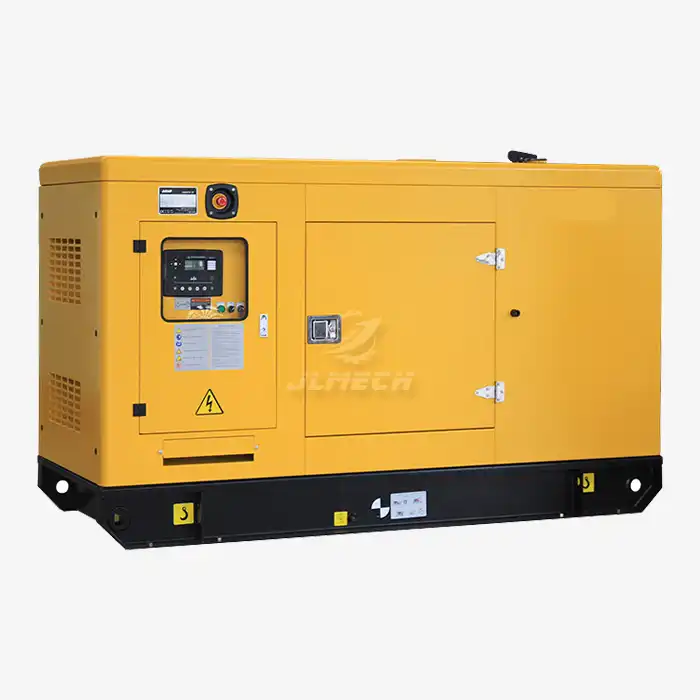 VIEW MOREWater-Cooled System Diesel Generator
VIEW MOREWater-Cooled System Diesel Generator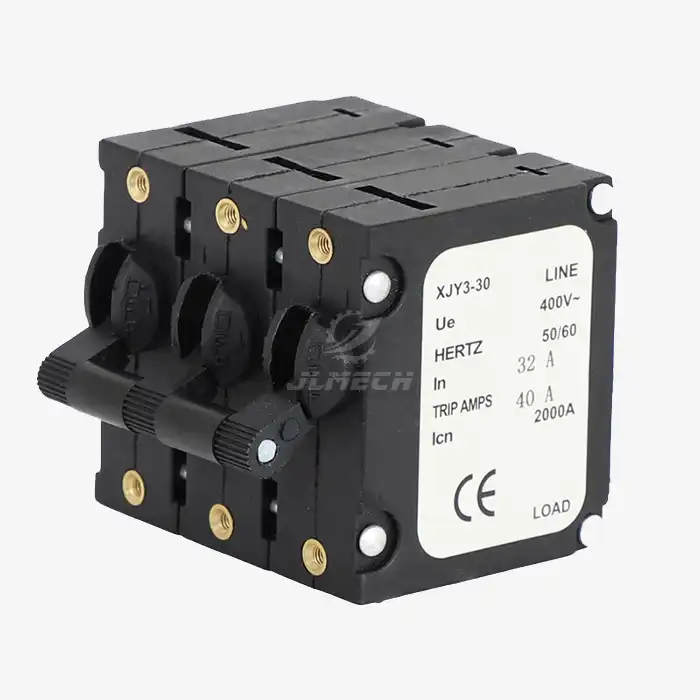 VIEW MOREdiesel generator breaker
VIEW MOREdiesel generator breaker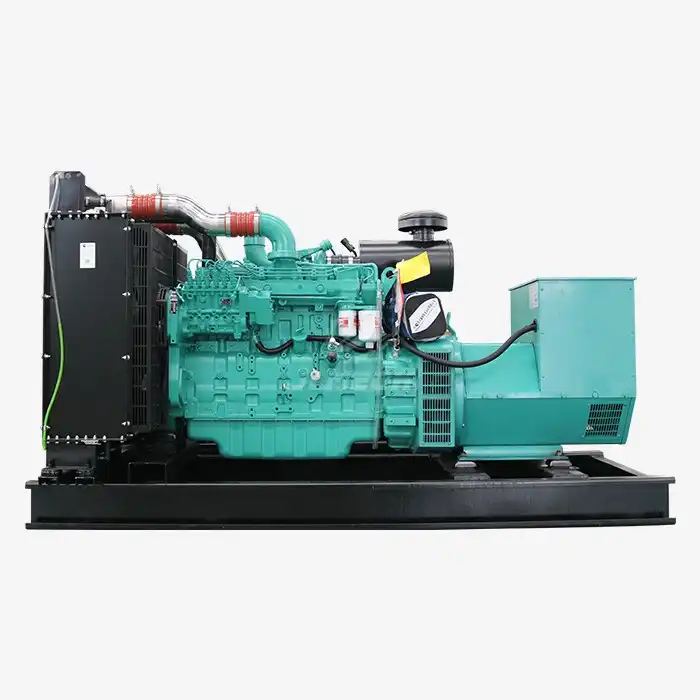 VIEW MORESilent water-cooled generator
VIEW MORESilent water-cooled generator VIEW MOREelectric powered hedge trimmer
VIEW MOREelectric powered hedge trimmer



